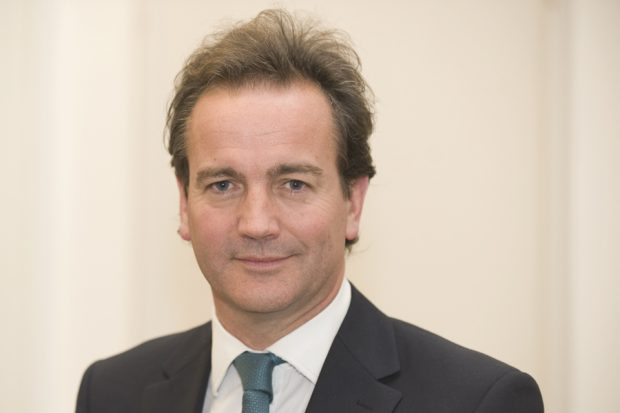
Today, the Office for National Statistics and the Home Office published their quarterly crime statistics, for the year ending March 2019.
Our statement and updated factsheet is below.
Minister of State for Policing and the Fire Service, Nick Hurd, said:
While the chances of being a victim of crime remain low, we are deeply concerned that certain offences, including serious violence, have increased and we are taking urgent action.
Police funding is increasing by more than £1 billion this year, including council tax and £100 million for forces worst affected by violent crime. I am encouraged to see officer numbers increasing, and that Police and Crime Commissioners have committed to recruiting over 3,700 additional officers and staff this year.
We are also acting to address the root causes of violence and stop young people being drawn into crime in the first place. This week we announced a new legal duty for public bodies to work together to prevent and tackle serious violence as part of our public health approach.
Police funding and resources
• The workforce statistics reveal encouraging signs of growth in officer numbers.
• We have seen the first March-to-March increase in police officers in a decade, and officer numbers have increased since March 2018.
• PCCs have already announced plans to recruit over 3,000 additional police officers, and over 700 additional police staff and PCSOs this year. That’s on top of our current officer numbers of over 123,000 in England and Wales (and total police workforce of over 200,000).
• The number of police officers who have joined the service exceeded the number of leavers for the first time since 2008/09.
• As of March 2019 we have the highest proportion of BME and female officers since records began. There is still much work to be done, but this is a promising step towards reflecting the community they serve.
• Innovative schemes such as Direct Entry and Police Now are making the police workforce more diverse than ever before; showing that we can attract the brightest and best into policing, whilst introducing new perspectives into policing some of the country’s most challenging neighbourhoods.
• Funding to the police in 2019/20 funding has increased by over £1 billion, including council tax, extra funding for pensions costs, and the serious violence fund.
• This funding has already enabled the police to recruit and fill key gaps, such as detectives, and meet the financial pressures they face this year.
• For more on the funding settlement, please see our factsheet.Serious violence
• In May 2019 the Offensive Weapons Act received Royal Assent, bringing in tough new measures that strengthen law enforcement’s response to violent crime and ensures knives and weapons are less likely to make their way onto the streets in the first place.
• The government is also empowering at least 3,000 more officers to authorise enhanced stop and search powers, which allow the police to search anyone in a designated area without needing reasonable grounds of suspicion if serious violence in anticipated
• At the start of June the Home Secretary provisionally allocated £35 million from the £100 million Serious Violence Fund to Police and Crime Commissioners in 18 local areas to set up violence reduction units.
• Violence reduction units will take a multi-agency approach, bringing together police, local government, health, community leaders and other key partners to tackle violent crime and its underlying causes.
• The government is investing over £220 million into early intervention projects, including the £200 million Youth Endowment Fund and the £22 million Early Intervention Youth Fund, which is already funding 40 projects.
• The Home Secretary also announced an additional £1.5 million of funding for the third year of the Anti-Knife Crime Community Fund, which will go towards small community projects to reduce knife crime. The fund has already supported 115 projects over the 2 years it has been running.
• There is more about what the government is doing to tackle serious violence in our factsheet.Police outcomes
• We recognise the impact that crime can have on its victims and we want offenders charged and brought to justice in the courts.
• We remain alert to changes in trends and new methods used by criminals and have taken decisive action to help prevent serious and violent crime taking place. We have increased police funding by more than £1 billion, including council tax and a new £100 million serious violence fund, to give the police additional resources
• The likelihood of a crime resulting in a charge can vary for a number of reasons, including the complexity or severity of an offence or the difficulty in identifying a suspect.
• Changes in charge rates are likely to be the result of improved crime recording by the police and forces taking on more complex crimes which take longer to receive an outcome, such as domestic abuse or sexual offences. We welcome the fact that more victims of ‘hidden’ crimes such as sexual offences and domestic abuse are coming forward and reporting these crimes to the police.
• It is the responsibility of Chief Constables and Police and Crime Commissioners to make sure criminal cases are investigated properly. Together with the Crown Prosecution Service they must make sure cases are charged where there is sufficient evidence and it is in the public interest.
